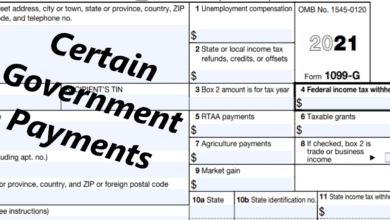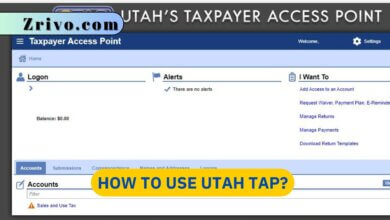Massachusetts Sales Tax 2023 - 2024
Massachusetts sales tax applies to the sale of certain goods and services. Businesses must register to collect the tax and must file returns on a monthly or quarterly basis.

The state of Massachusetts levies a sales and use tax of 6.25% on the retail sale, lease, or rental of most goods and services. The tax is collected by the seller and remitted to the state. Certain items, including food, prescriptions, and clothing, are exempt from the sales tax. In addition to the sales tax, the state also imposes a room occupancy excise and short-term rental community impact fee.
Businesses that sell taxable goods or services in Massachusetts must register to collect sales tax and file returns on an annual basis. Out-of-state sellers that make sales into Massachusetts must also register if they have nexus in the state, which can be determined either by physical or economic nexus.
In order to collect Massachusetts sales tax, sellers must charge the correct rate based on the destination of the buyer’s address. This is known as destination-based sourcing and is different from the previous method of tax collection, which was based on the seller’s location. This new method is also known as the “Fair and Simple Sales Tax Act” or “Mid-Market Online Marketplace Sales Tax Act”. The law went into effect on October 1, 2021.

How to File Massachusetts Sales Tax?
If you’re an online seller that’s registered to collect sales tax in Massachusetts, you’ll have to keep up with the state’s reporting requirements. This includes applying the correct rate to each taxable sale, remitting the collected taxes, and filing timely returns with the Department of Revenue. Missing a sales tax filing deadline can result in costly penalties and interest charges.
Getting started with collecting and remitting sales tax in Massachusetts begins with registering online via MassTaxConnect. This portal is also where you’ll file and pay your sales tax returns. During the registration process, you’ll answer a series of questions about your business and its North American Industry Classification System (NAICS) code.
You’ll then be asked to estimate your annual sales volume and be assigned a filing frequency (monthly, quarterly, or annually). The state government asks higher-revenue businesses to file more frequently than lower-volume businesses. Once you’ve decided on a filing frequency, you can proceed to register your business. You’ll also create the login credentials you’ll use to access MassTaxConnect in the future. This includes your sales tax reporting dashboard and tax return template.





